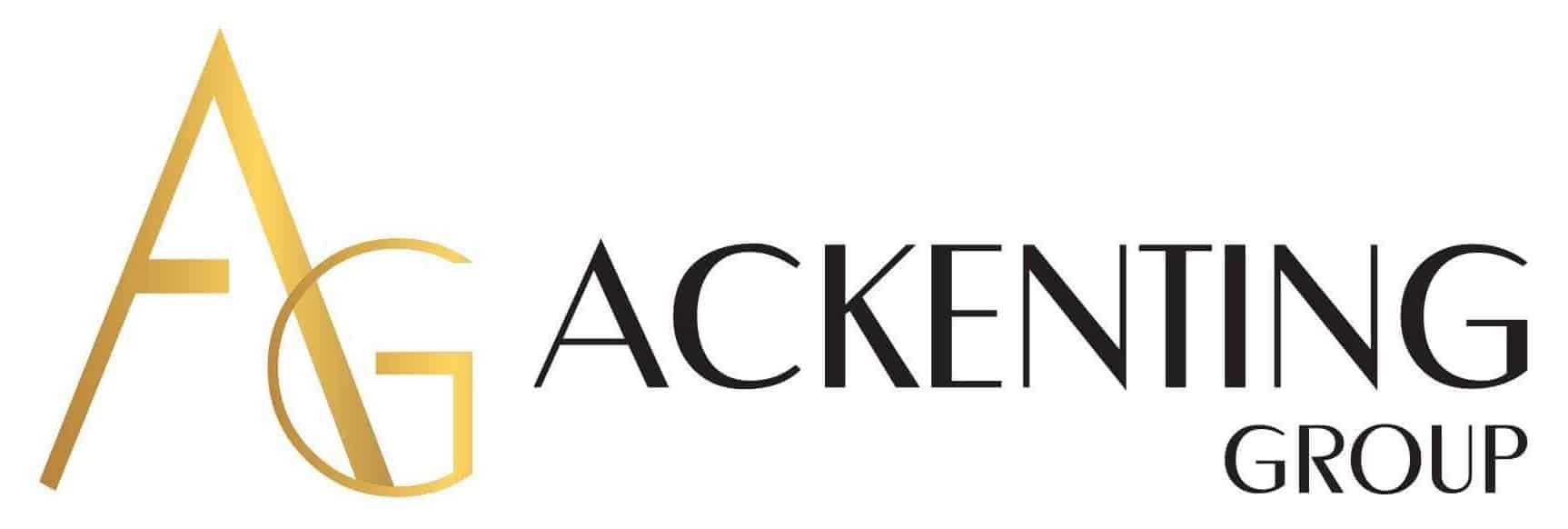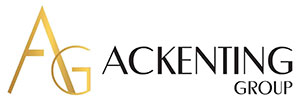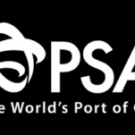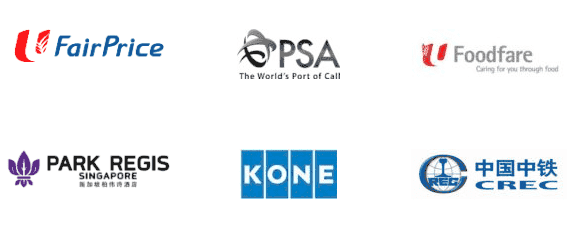Cash management is vital in every business operation. It is usually coined as the business’s “lifeblood”. Regardless of whether your business is going through an excellent sales record and is expanding rapidly, as long as it has poor cash management, essentials like employees’ pay and paying of bills will be hard to settle.
Many studies of several actual business models have shown that failed businesses fail because of one key factor: They spend most of their resources calculating earnings forecasts and designing products but do not allocate enough to plan their cash management and calculate cash flow statements.
Sales do not equate to cash flow
Most business owners assume that the health of their business goes hand in hand with the number of sales and earnings they make. However, until they actually receive the money, those sales cannot be used to pay the overhead and suppliers that keep them in business.
As a business owner, it is crucial to be aware of your current balance, at the same time, manage and organise both the business’s accounts payable and receivable such that you have enough money to pay the relevant bills, salaries, and bonuses.
Listed below are some ideal cash management practices that all business owners should adopt in their current business operation plan to ensure a healthy business model.
1. Commit to creating and maintaining cash flow estimates
Creating cash flow estimates using historical data such as sales, payments, invoices, inventory flows, and previous cash flow statements can help you get a better grasp of your current balance.
When you get a better understanding of your cash flow estimates, it can help you with operation planning, such as:
- Spacing out bill payments rather than paying all at once
- Ordering of inventory essentials at proper intervals
- Spotting issues before they become detrimental to your business. You can take immediate action after determining the cause.
2. Implement meticulous inventory management
While every inventory has the potential for profit, having too much of it at the wrong moment can lock up cash and be a burden on the firm. Make certain to:
- Avoid ordering an excessive amount of merchandise at once (Proper forecasting can help with this)
- If at all possible, avoid paying in cash. Instead, employ finance options, such as a line of credit or financing through the provider
- Track inventory on a regular basis to discover where cash is being wasted and where it may be better spent
- If required, discount older items to free up cash on hand
3. Invoice your clients as soon as possible – and be strict about collecting money
Do not be hindered by the thought of pressing your clients for payments and offending them. Interruptions to cash flow can lead to many potential issues. To ensure constant cash flow, always:
- Collect deposits, instalments, and total payments upfront
- Invoice straight away to prevent unnecessary delay in cash flow
- Use an electronic invoice system not only to ensure your clients receive the invoice quickly but also allow easy tracking of outstanding payments
- Implement late payment fees to encourage your clients to pay on time
- Consider payment upon delivery if that particular client is known to consistently not pay on time
4. Make payment easy, efficient, and desirable
The more accessible and more efficient the payment system is, your customers will be more inclined to pay on time, resulting in lesser time spent waiting to receive your money. You can do this by:
- Communicating with your customers to find out their preferred payment method
- Accepting electronic payment
- Setting up an automatic payment system that deducts from the customer’s credit card on the due dates
- Rather than indicating a time frame, use due dates to increase the effectiveness of the payment system
- Promote early and on-time payments with discounts
5. Optimise your business’s accounts payable to ensure steady cash on hand
- Give priority to suppliers that provide flexible payment terms
- Prioritise paying urgent bills, and communicate with your creditors on spacing out billing dates so that you do not have to pay all your bills at once
- Make daily checks on your account so that you are aware of your current state
Conclusion
Proper cash management can determine the health of your business. By adopting and adhering to some of these simple practices, your can ensure better preparation for rainy days.
If your business is in need of ensuring proper cash management practices, AG Singapore can help you with that. We are an accounting firm in Singapore that provides SME accounting services, tax services, and bookkeeping services, along with corporate solutions. Contact us at +65 6635 8767 or at https://ag-singapore.com/ to find out more about what we can provide.














